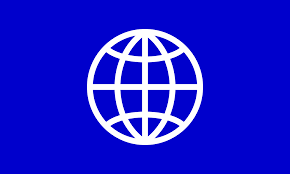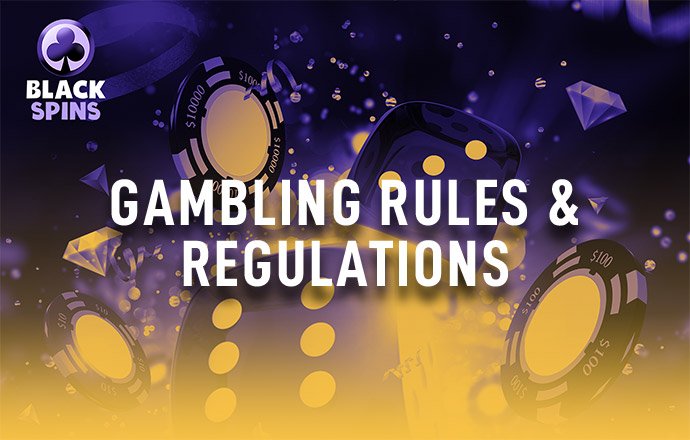The New Zealand Gambling Act enacted in 2003 has categorized gambling into 4 classes with gaming machines outside of NZ online casinos classified into class 4 and Game of Odds, Prize competitions, Lotteries and instant games falling into classes 1 to 3.
Keeping the Gambling Act which was passed in 2003 and relevant regulations of gambling (classes 1 & 2) in mind, you don’t need a licence to conduct a lottery, game of odds, prize competition or instant games provided the combined prize money does not exceed $5000. The Act defines the activities as such in the following manner.
Lotteries
A lottery can be defined as a gamble that chooses random picks to decide a winner among all the participants of the game. Lottos, as well as Raffles, are examples of lotteries.
Reward Competitions
A reward competition differs from a lottery in the sense that it needs its players to exercise their judgement combined with refined skills to win it.
Games of Odds
A game of odds is a gamble that excludes games like lotteries, reward competitions, quick-play games or gambling at a casino.
Quick-play Games
A quick-play game is a gamble the winner is chosen and determined on the basis of pure luck and no other consideration. For games to be categorized as gambling under the Gambling law, the payment must pass from a participant to the organiser.
Rules of Class One Gambling
Class 1 type of gambling can be conducted in an individual capacity as well as by society. But the prizes and turnover cannot exceed $500. Only one session of this type of gambling can be paid per day and no brokerage-type remuneration is allowed to be paid.
If a casino is operated by individuals, all the gambling revenue minus the costs must be used to award the champions of the gamble. If the gamble is conducted by societies, the total revenue must be applied only to authentic and majority-driven purposes.
Rules of Class Two Gambling
Prizes in this class can increase up to $500 but cannot exceed $5000. Also, the revenue generation of the gamble has to exceed $500 but should be less than $25000.
Individuals are not allowed to conduct gambling and only societies, be it corporate or other societies are allowed to conduct this class of gamble. The net proceeds must be applied only to authorised purposes while no brokerage-like remuneration can be paid.
The organisers of class 2 gambling must familiarise themselves with section 25 (requirements) of the Gambling Act enacted in 2003, which also highlights a number of card reading machine requirements for the sale of tickets and entry forms when gambling formats are conducted at this level.
Rules of Class 3 Gambling
Prizes in this type exceed $5000 in one session and thus, a licence is needed from the Department of Internal Affairs.
The brokerage or associated remuneration
The Gambling Act legislated in 2003 stipulates that no brokerage should be paid to or received by any person for conducting the gamble for game types of classes 1 and 2. If the gamble is conducted by a society, except the authorised representative of the society, no other person is to be offered or paid any remuneration for conducting the gamble.
Banned Prizes
The Gambling Act rules list many forbidden prized including liquor, tobacco products and firearms, which should be followed when running a gambling activity. For a complete list of banned prizes, please go to the New Zealand Law website.
Game Rules
Apart from the Gambling Act which was enacted in 2003 and associated regulations, gamble organizers must stick to the rules of the game organized as these rules constitute a kind of a mandate. There is the rule for all classes of a gamble but more rules apply to classes 2 & 3 form of gambling than class 1 types. As an example, lotteries played at the class 3 level have additional requirements of the ticket and record retention as well as audit requirements, as compared to class 2 lotteries.





